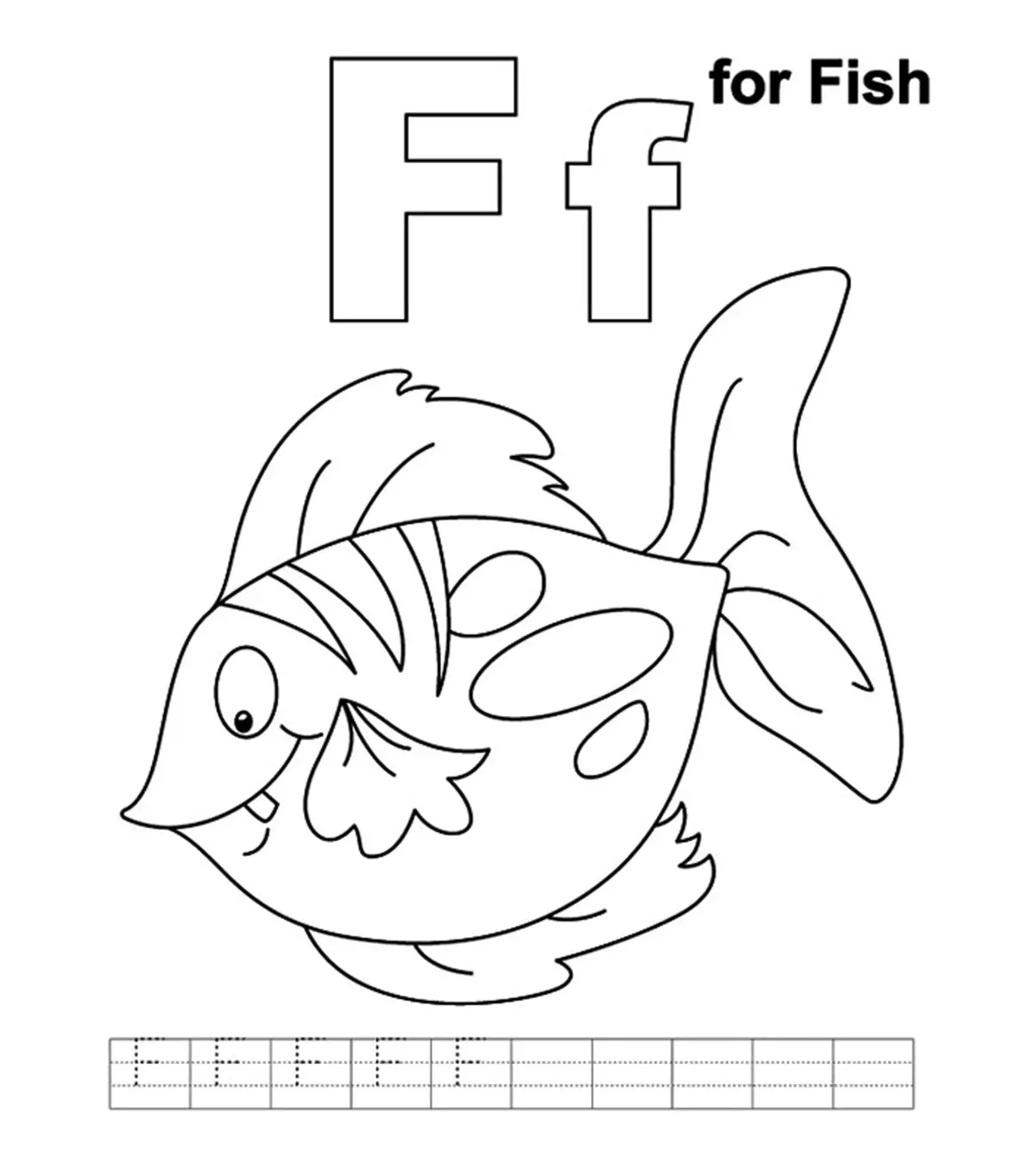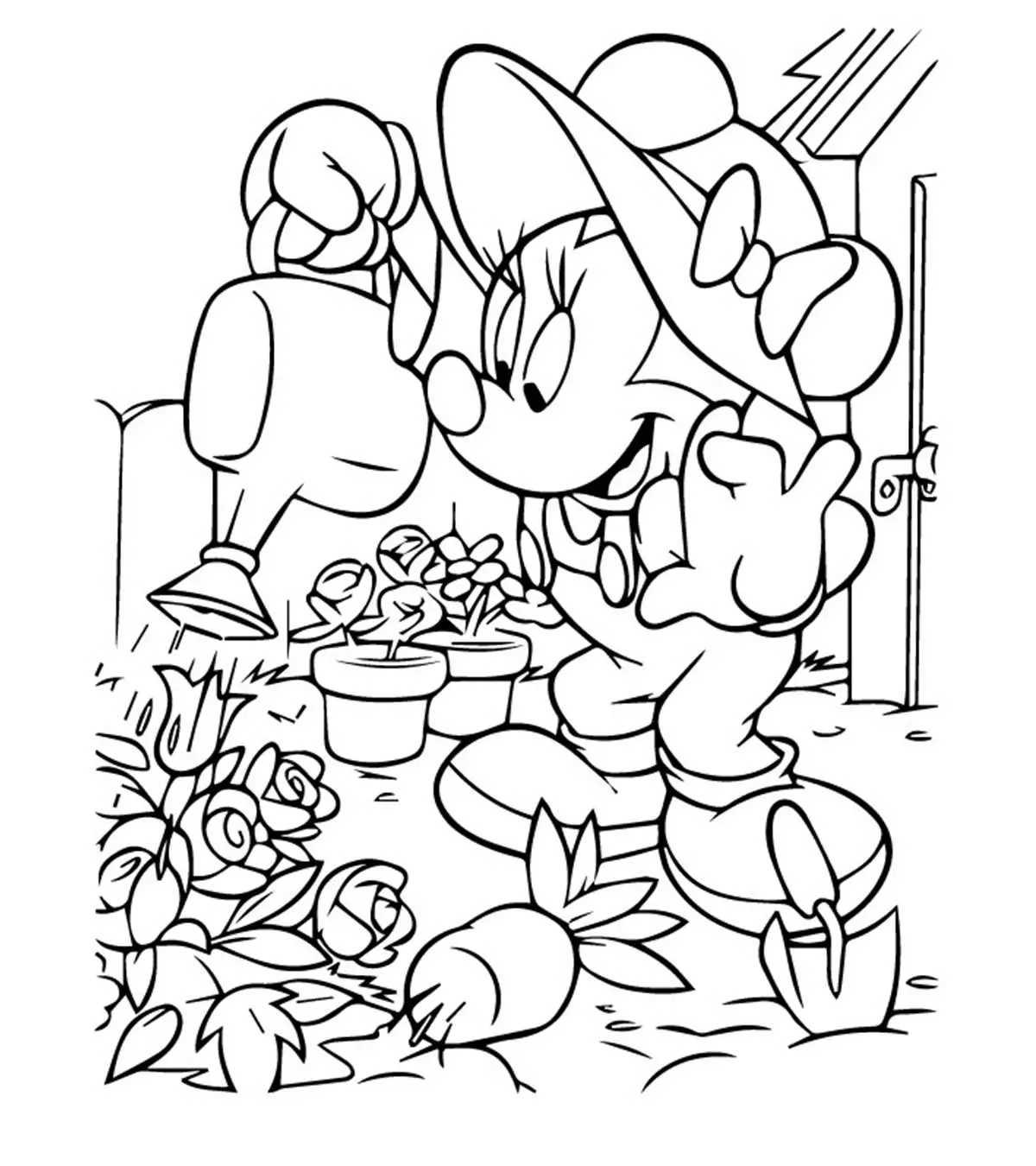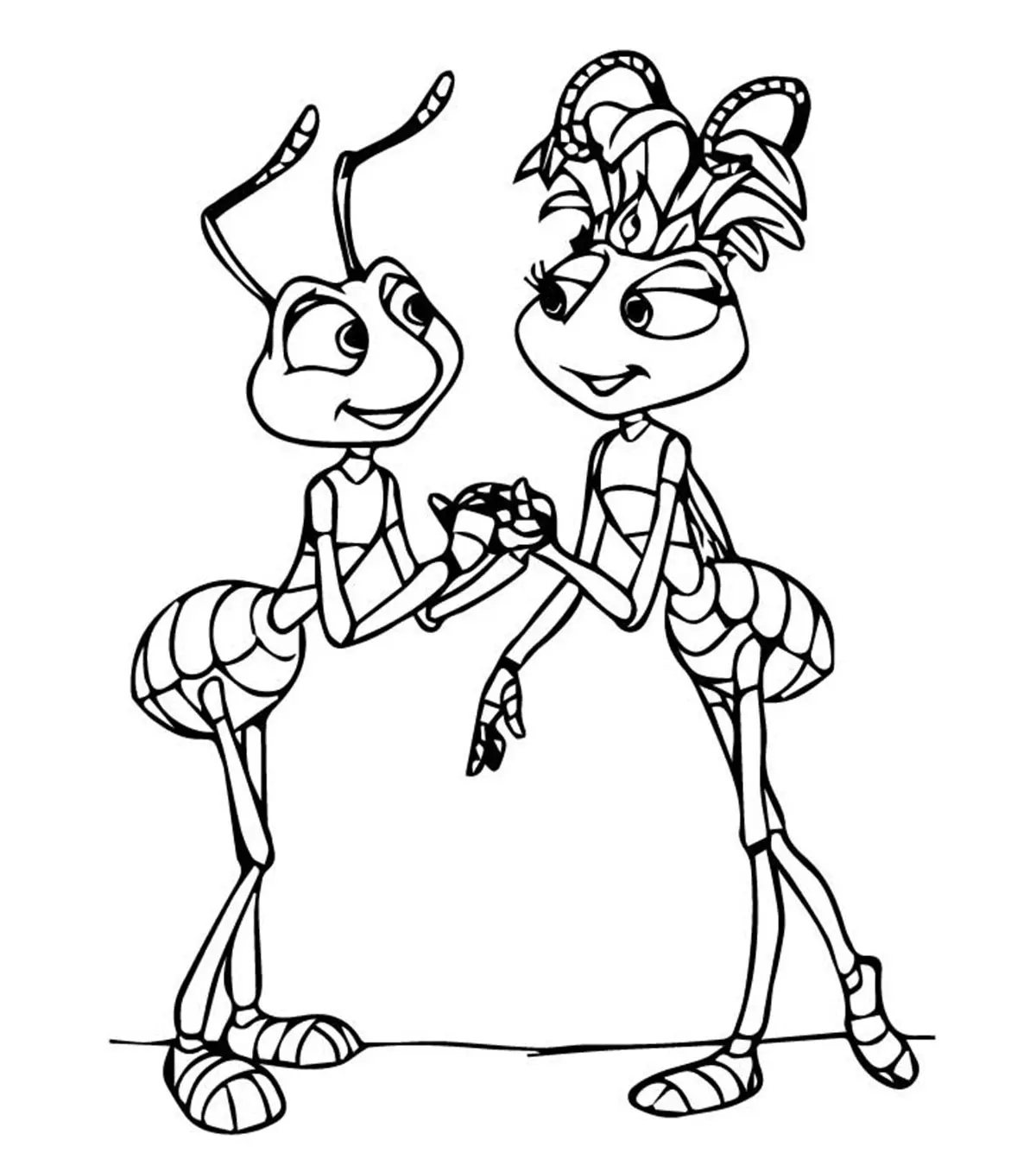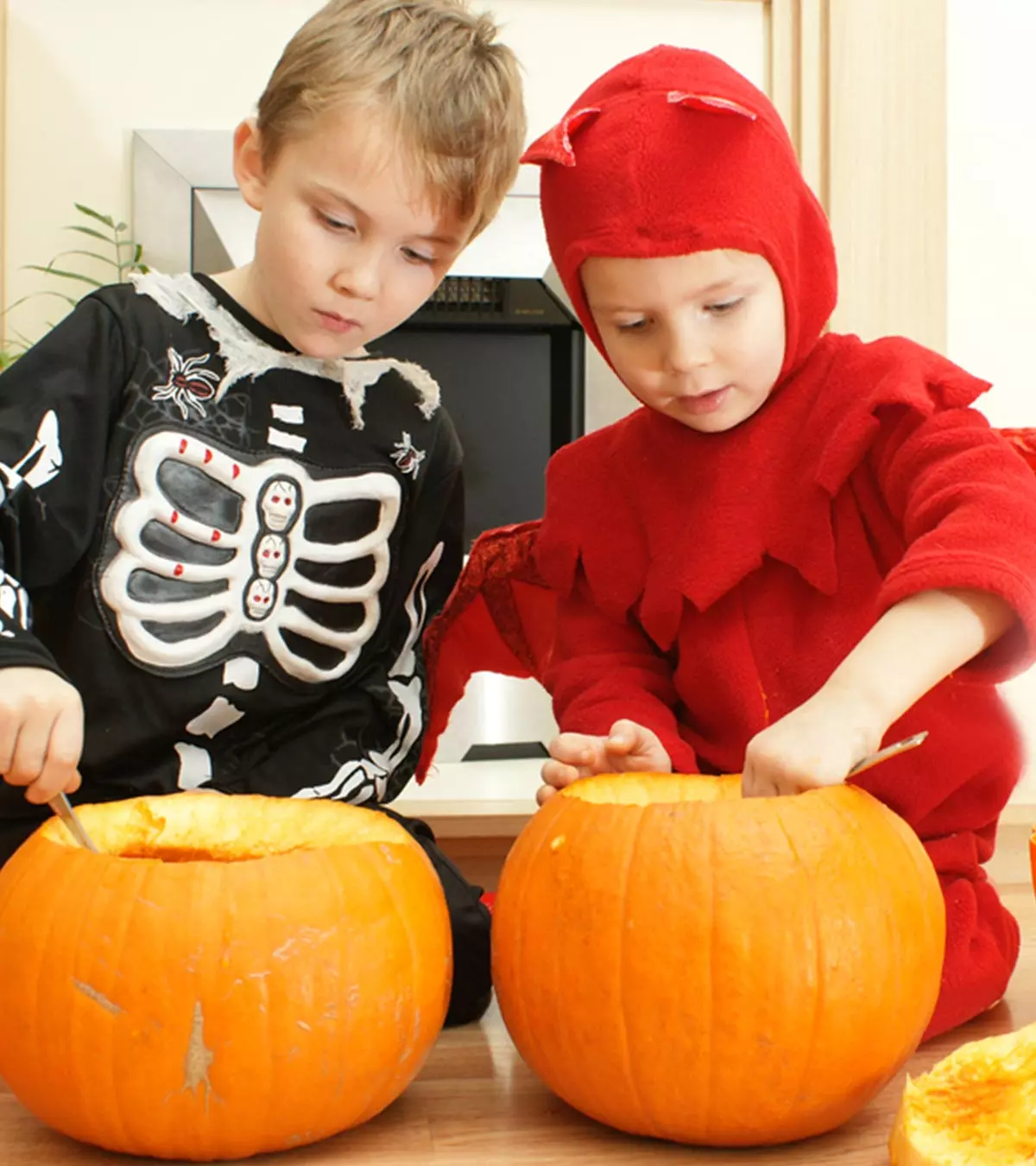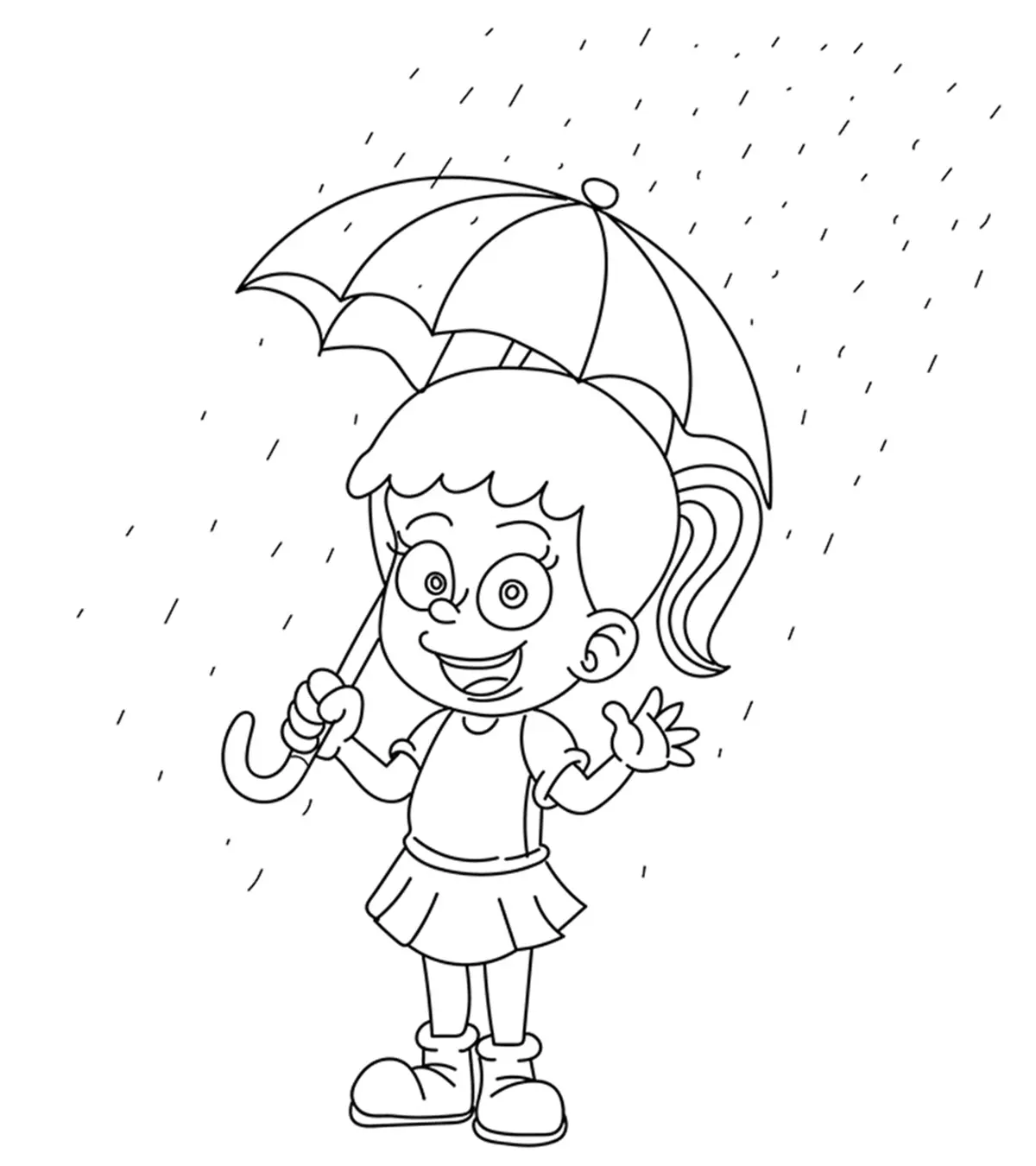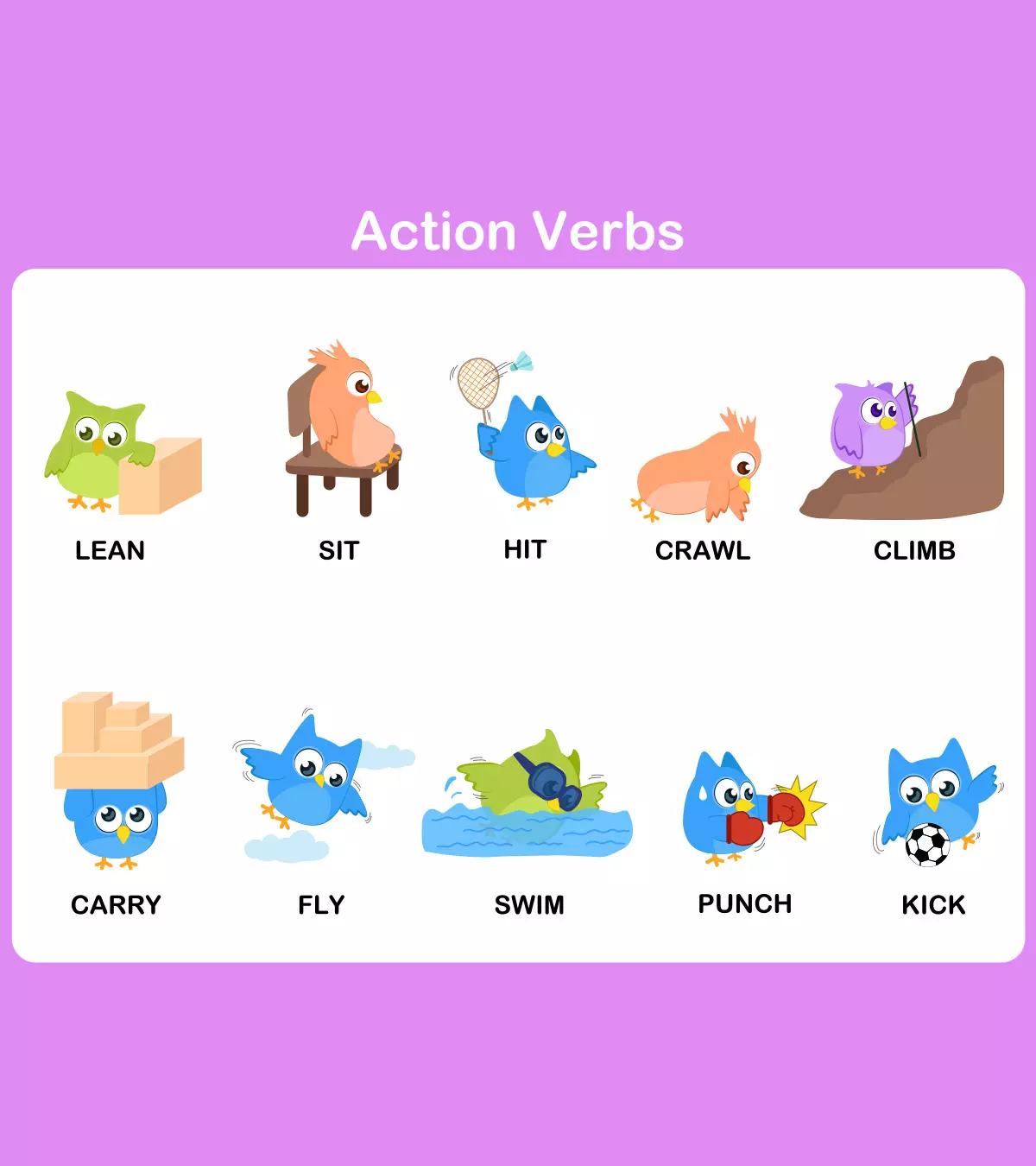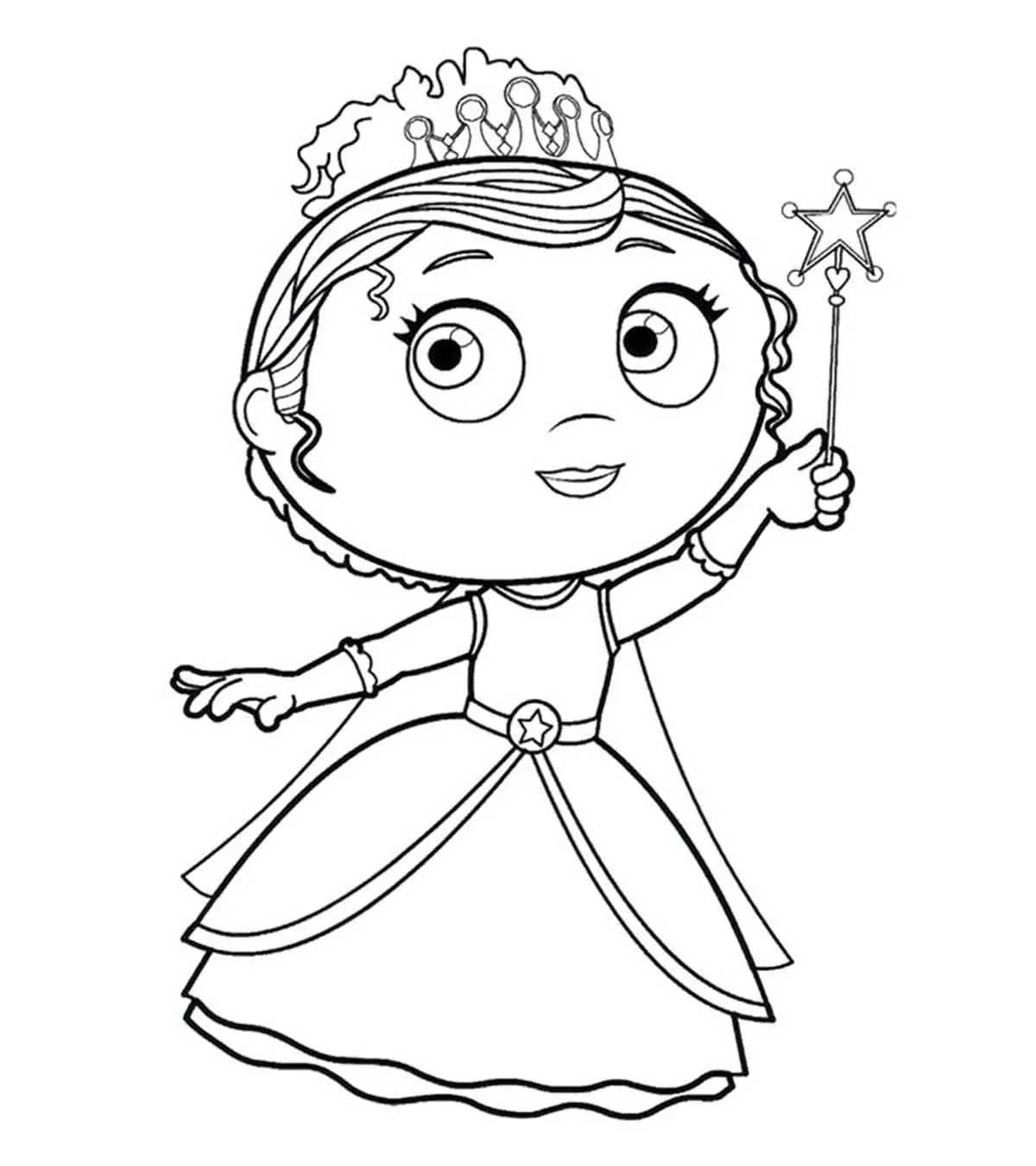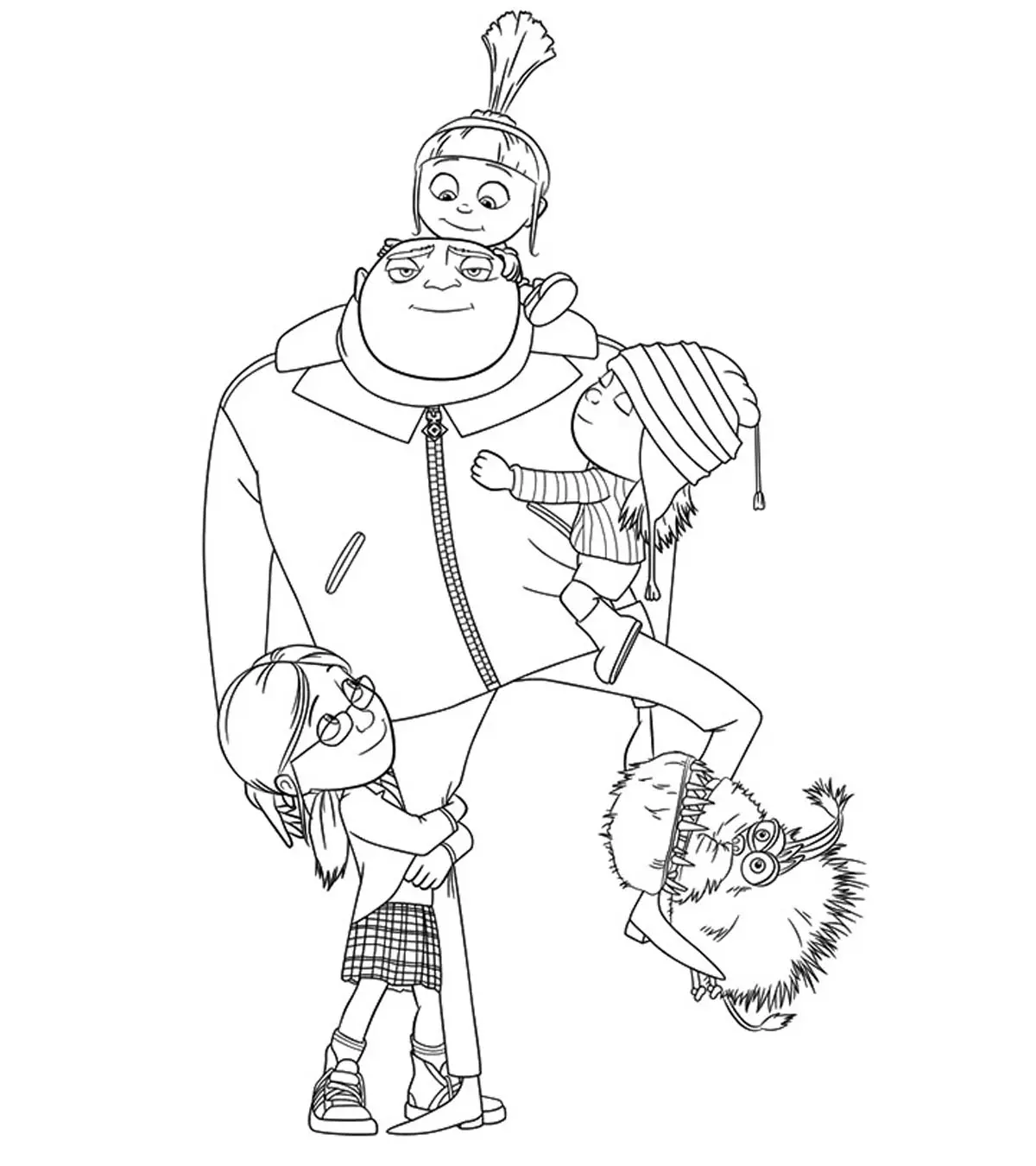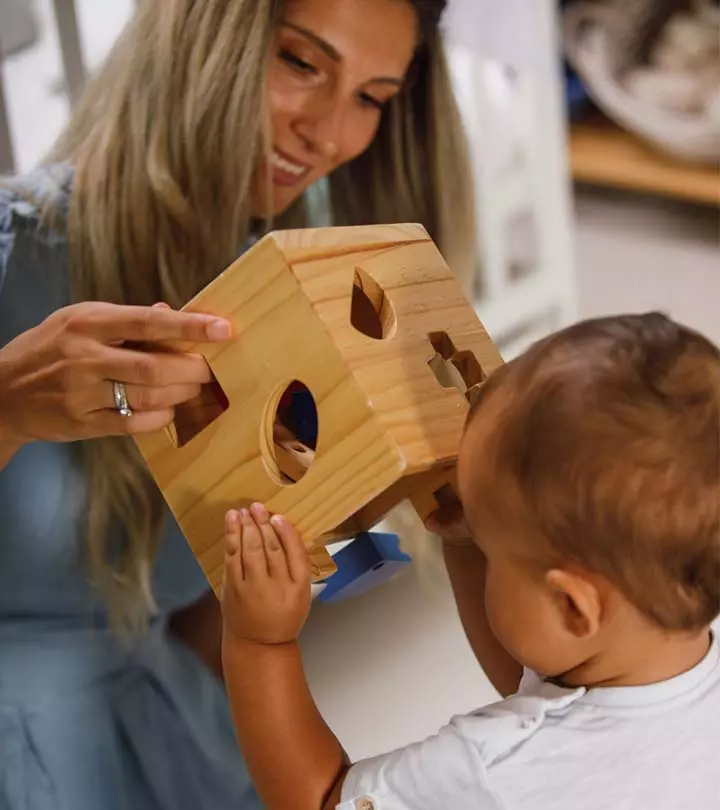
Image: iStock

Cognitive activities for infants can strengthen their ability to think, communicate, and analyze. A child’s cognitive development happens when they interact with their environment (1). Each interaction gives rise to new nerve connections in the brain. Understanding cognitive development is essential for parents as it lays the foundation for a child’s learning, behavior, and emotional well-being. Engaging infants in cognitive activities can promote their ability to think critically and interact with their environment.
In infants, cognitive development is seen when they grow curious and reach out with their hands to touch and feel things (2). In the first year, babies also start understanding language and develop bonds of love and trust. The way parents speak, play, cuddle or interact with their children also helps in the cognitive development of their children (2).
 Research finds
Research finds In addition, many theories of cognitive development have also been put forth by scientists such as Jean Piaget, Erikson, Bronfenbrenner, and others. This post lists some exciting activities that will help you develop your child’s cognitive skills.
Key Pointers
- Selecting age-appropriate activities is vital for infants’ cognitive development and offers proper stimulation.
- 0 to 6 months infant activities can stimulate them to respond to sounds and reach out to things they like.
- 6 to 12 months infant activities may enhance their ability to look for hidden objects and understand simple instructions.
10 Cognitive Development Activities for Infants
Every child is different and reaches their developmental milestones in their own time.
These activities can help boost your infant’s cognitive development at different ages. Active participation from parents in cognitive activities is crucial for enhancing infants’ learning experiences. By engaging in these activities, parents not only foster their child’s cognitive skills but also strengthen their bond and communication.
Cognitive activities for infants 0 to 3 months
A newborn baby is able to see objects around 12 inches from them, is sensitive to sounds nearby, and startles when they hear loud noises by kicking their legs, flailing their arms, and arching their back (3).
From one to three months of age, your child should be able to move their eyes as objects move, respond to startling and loud noises, follow objects such as rattle toys, recognize familiar people from a distance, and cry or fuss when they are bored or want to communicate. During their third month, an infant can recognize their mother’s breast or bottle when it is feeding time and learn to follow moving objects or people by turning their head.
Here are some cognitive development activities that are apt for infants:
1. Read to your infant
Reading to your baby has many benefits, and it is never too early or late to start. Children benefit from being read to from a very young age (4). Reading to your newborn makes them better at recognizing voices and sounds, while showing them picture books with bright colors helps in their cognitive development.
2. Talk to your baby

At 0 to 3 months of age, your baby is way too young to speak or converse with you. However, you can still try talking to your baby, look at them and smile, and have regular conversations with them. Notice how your baby will listen to you intently.
Having conversations with your baby and talking to them helps in developing language and communication skills (5). Your baby may also respond to you by vocalizing distinct sounds.
3. Hang a moving rattle over their crib
Hanging a moving rattle, or mobile, over your baby’s crib or within their reach during tummy time encourages them to reach out for it. This helps them move their hands and legs while enabling them to hold their head (5).
4. Sing to your baby

One of the best things to do with a newborn baby is singing, as it offers multiple benefits. It helps in developing a bond and in making connections with your baby. It helps in teaching them new words and rhythms and improves their listening skills–all of which help in their cognitive development (6).
 Quick fact
Quick factCognitive activities for infants 3 to 6 months
By the time your baby turns four or five months old, they develop a sense of self-discovery. They are more interested in exploring their surroundings as they begin to understand that they can influence things around. They are even able to appreciate interactive toys.
At this age, your infant is better at expressing emotions. They are able to communicate if they are happy or sad. They look at you when you are feeding them, and reach out for toys and other objects with their hands. They are also interested in exploring objects. By six months of age, your infant is also able to transfer objects from one hand to the other and reach for things around them.
Try these cognitive development activities for this age group.
1. Encourage object play
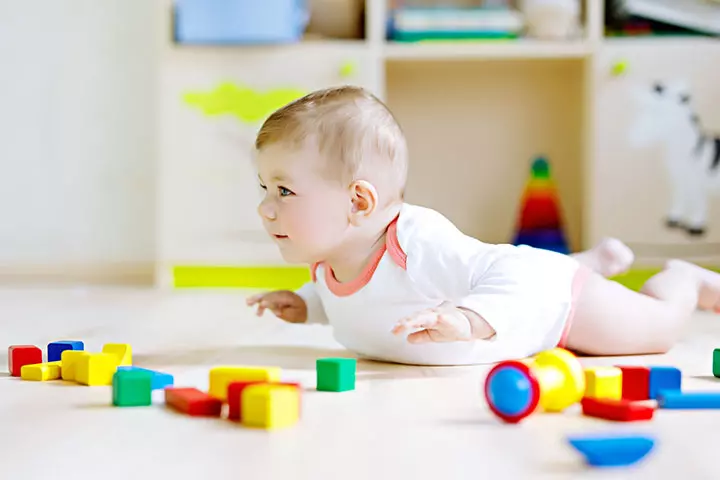
When your infant turns around four to five months of age, manipulating objects helps them understand ‘cause and effect’ in play. They may drop things on purpose to get your reaction. By observing your reaction they understand if they have done something right or wrong. If they see you smiling, they are encouraged to do it more and when you frown they slowly understand something is wrong. Give them objects such as small boxes, balls of different sizes, spoons, and plastic cups to encourage object play. Ensure that the objects are not potential choking hazards.
2. Provide age-appropriate interactive toys
Once your child is acquainted with the cause-and-effect relationship of certain activities, it is a good time to introduce age-appropriate interactive toys that follow this principle. For example, introduce them to interactive toys with buttons that open the doors or create music. Seeing the result of the action, such as when they press a button, can help strengthen your baby’s self-confidence.
3. Introduce them to different textures
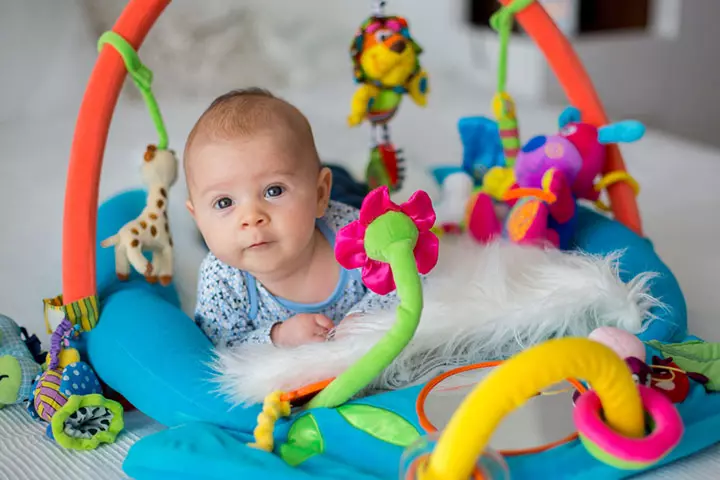
As your child begins to use their hands more for grasping objects or reaching out for them, introduce them to different types of textures such as wool, velvet, and corduroy in the form of textured balls or activity boards meant for this purpose (7). This helps them in discovering different types of objects and textures. Also, allow them to understand them in their own way.
4. Water play
Engaging in water play can enhance children’s cognitive skills. It engages their senses and helps them to concentrate and solve problems. With water play, infants also learn to share and cooperate with others (18). A slightly messier water play can be enjoyable for infants demonstrating greater control over their gross motor skills. For this, lay down towels indoors or fill a container with water and toys. A baking pan controls water depth, while a storage bin provides a more immersive experience. Enhance visual engagement by adding organic colors or glitter. You may also incorporate exciting toys to make the play more engaging. Slippery, floating objects can capture your infant’s attention. Moreover, you may use tools like spoons or colanders to scoop water, which adds an extra layer of fun.
Cognitive activities for infants 6-12 months
Between six and twelve months of age, an infant’s cognitive abilities develop rapidly and they can use their hands more, transfer objects between both hands, turn book pages, look for objects that you hide, put and pull out things from containers, They are able to make sounds using objects they have, and start responding to simple commands (3).
 Quick tip
Quick tipHere are some activities that can help in boosting your infant’s cognitive abilities and developing motor skills in this age.
1. Stacking
A stacking game is great for infants between six and twelve months of age. You can get different types of stacking cups or containers. Teach your infant how to stack objects.
You can also play a stacking game where both of you may stack objects at the same time. Apart from learning the cause-and-effect concept, your child also develops fine motor skills through this activity.
2. The disappearing cheerio

At around seven to eight months of age, infants learn the concept of object permanence as per Jean Piaget’s theory (8). This concept posits that the object exists even when it is hidden. The disappearing cheerio and peek-a-boo are good games to help your infant develop this concept. They may even start pointing at things to indicate its hidden presence. These activities develop attention skills, memory, and object permanence in your infant. They may even start imitating you by babbling and making hand gestures.
3. Container play
As your child begins to sharpen their grabbing, gripping, and motor skills, give them different toys in a container. Your infant may reach out for a few toys or overturn the entire container and observe the toys rolling out or producing rattling noise.
Make this a habit every day and allow your infant the independence to pick out toys they would like to play with. By making choices they learn the effects of their actions. As your infant grows older, you can teach them to put the toys back into their containers. Any type of container play is intriguing for an infant and boosts their cognitive abilities.
Grabbing toys helps children improve their hand-eye coordination, resulting in improved fine motor skills. Kayla Carnahan, a mother and a blogger, shares how such toys are a favorite with her children. She says, “Offer your baby some things to hold with some very thin parts that are easy for them to manipulate. My absolute favorite for all three of my kids is this ‘o’ ball. This ‘o’ ball has lots of different holes and very thin parts, so it’s very easy for your baby to hold on to. Lace their little fingers in and practice holding (i).”
4. Group play
Encouraging playdates or small group interactions can significantly enhance cognitive skills. Activities such as sharing toys or playing simple games promote social interaction and cognitive learning through peer influence. Taking the infant outdoors to parks can allow them to learn more about peer interaction and social play through observation.
Tips for Implementing Activities
To maximize the benefits of cognitive activities, consider these strategies:
- Create a routine that incorporates daily activities and adjust them according to the infant’s interests to enhance a sense of structure, safety, and motivation.
- Use everyday objects of different colors, shapes, textures, and sizes to stimulate curiosity. Also introduce rattles, bells, or soft music to stimulate the auditory senses.
- Incorporate story time with board, pop-up, flap, or cloth books with colorful pictures and simple text. Point to images and read aloud for them.
- Provide safe spaces for crawling and exploring. A change of scenery can stimulate curiosity and learning.
- Sing songs with hand motions and dance gently with your baby. Encourage them to mimic the actions, such as clapping hands or waving to develop social skills and motor coordination.
- Take the child out into nature, point at things, and describe what their senses can perceive to stimulate curiosity and communication skills.
Frequently Asked Questions
1. What is cognitive development according to Piaget?
According to Jean Piaget, cognitive development in human beings occurs in four different stages based on their age (12). They are:
1. The sensorimotor stage: Birth to age
2. The preoperational stage: Ages 2 to 7
3. The concrete operational stage: Ages 7 to 11
4. The formal operational stage: Age 11 and beyond
Further, he reflected that the stages meant a sequence of thinking patterns with four key features:
- The stages always happen in the same order.
- No stage is ever skipped.
- Each stage is a significant transformation of the stage before it.
- Each later stage incorporated the earlier stages into itself.
2. What factors affect cognitive development in infants?
The factors affecting infant cognitive development are child nutrition, dietary deficiencies, parent behavior, parenting, and environmental factors (13).
3. What role does imitation play in the cognitive development of infants?
Imitation means infants acquire new skills, behaviors, and social cues by observing and imitating those around them (14). Through imitation, infants understand how to use certain things or behave a certain way without being instructed explicitly (15).
4. How can mirror play enhance self-awareness and cognitive development in infants?
Mirror play can help develop a child’s visual perception (16). For example, during tummy time, you can place a mirror in front of your child and allow them to play with it. They will not only feel entertained seeing themselves, but they will also learn to recognize their face.
5. How does social interaction with peers or siblings contribute to cognitive development in infants?
Social interaction with peers or siblings helps infants learn how to interact and communicate (17). They learn to observe reactions through facial expressions and bond socially with those around them.
Cognitive development in babies starts from the time of their birth. As they interact with their surroundings, their ability to think, interpret, and express. You may help develop this ability further by introducing cognitive activities for infants that will help their understanding and communicating abilities. Since children achieve different milestones at different ages, you may plan the activities according to your baby’s age. For example, reading a book or talking may be used for children from zero to three months, while stacking and container play for children from six to 12 months. Experimenting with different play activities for babies aged 1 to 12 months may allow your babies to learn and develop better.
Infographic: Cognitive Activities For Infants From 0-6 Months
It is known that talking, singing, and playing with your little one are activities that significantly stimulate and enhance their senses. So, scour through this infographic as it discusses other things to develop your little one’s thinking and cognitive skills.
Some thing wrong with infographic shortcode. please verify shortcode syntax
Illustration: Cognitive Activities For Infants To Boost Development
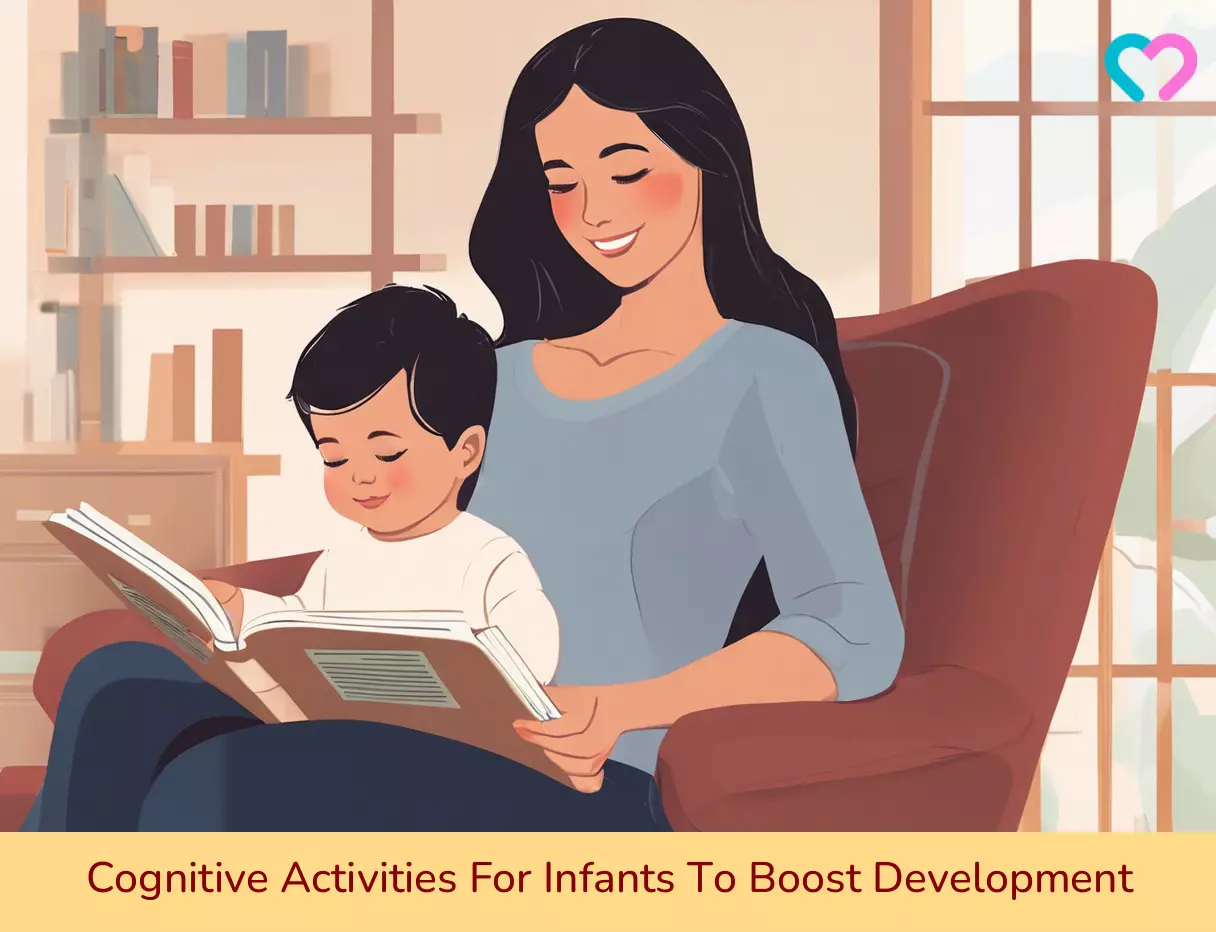
Image: Stable Diffusion/MomJunction Design Team
Learn about the cognitive milestones for infants and toddlers. Discover how they develop and grow!
Personal Experience: Source
MomJunction articles include first-hand experiences to provide you with better insights through real-life narratives. Here are the sources of personal accounts referenced in this article.
i. How to play with your 2 month old baby | developmental milestones | activities for babies | Carnahan.https://www.youtube.com/watch?v=JESqIpqePrI
References
- Fatima Malik, et. al.; (2025); Cognitive Development.
https://www.ncbi.nlm.nih.gov/books/NBK537095/ - Positive Parenting Tips: Infants (0–1 years).
https://www.cdc.gov/child-development/positive-parenting-tips/infants.html?CDC_AAref_Val=https://www.cdc.gov/ncbddd/childdevelopment/positiveparenting/infants.html - Cognitive Milestones.
https://helpmegrowmn.org/HMG/DevelopMilestone/CognitiveMilestones/index.html - The Benefits of Reading to Babies.
https://health.clevelandclinic.org/the-benefits-of-reading-to-babies - Your baby\’s developmental milestones at 2 months.
https://www.unicef.org/parenting/child-development/your-babys-developmental-milestones-2-months - 10 Ways Babies Learn When We Sing to Them.
https://www.naeyc.org/our-work/families/10-ways-babies-learn-sing-to-them - Sensory Activities (0-18 Months).
https://pathways.org/sensory-activities-0-18-months/ - Object Permanence.
https://dictionary.apa.org/object-permanence - Supporting Early Brain Development: Building the Brain.
https://headstart.gov/publication/supporting-early-brain-development-building-brain?redirect=eclkc - Benefits of Lullabies for Babies.
https://blog.chsc.org/blog/benefits-of-a-lullaby - Thinking and play: babies
https://raisingchildren.net.au/babies/play-learning/play-baby-development/thinking-play-babies - Cognitive Development: The Theory Jean Piaget
https://open.library.okstate.edu/foundationsofeducationaltechnology/chapter/2-cognitive-development-the-theory-of-jean-piaget/ - Factors Affecting Early Childhood Growth and Development: Golden 1000 Days
https://www.hilarispublisher.com/open-access/factors-affecting-early-childhood-growth-and-development-golden-1000days-APN-1000101.pdf - The development of imitation in infancy
https://www.ncbi.nlm.nih.gov/pmc/articles/PMC2865075/ - A first step in learning by imitation
baby brains respond to another’s actions - Mirror Play & Self-Awareness
https://comconnections.org/early-learning/mirror-play-self-awareness/ - How and when do babies develop social skills?
https://www.nct.org.uk/information/baby-toddler/baby-and-toddler-development/how-and-when-do-babies-develop-social-skills - Te tākaro ki te wai | Water play.
https://assets.education.govt.nz/public/Documents/Early-Childhood/Play-ideas-for-learning/Water-play.pdf
Community Experiences
Join the conversation and become a part of our nurturing community! Share your stories, experiences, and insights to connect with fellow parents.
Read full bio of Dr. Jessica Madden
Read full bio of Dr. Meenakshi Maruwada
Read full bio of Rohit Garoo
Read full bio of Trisha Chakraborty







